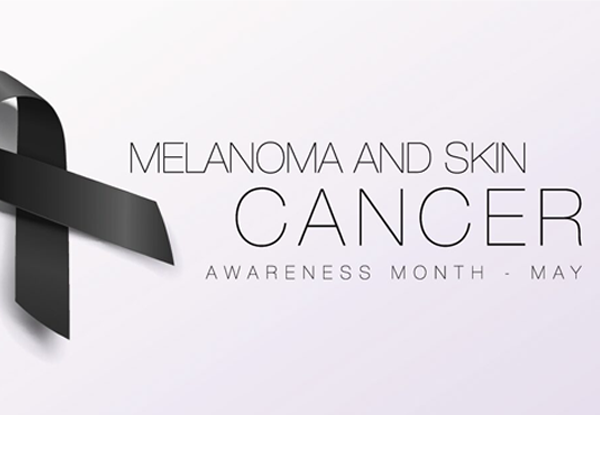 During radiation therapy, your body is doing double duty: fighting cancer and repairing healthy cells that may have been damaged during treatment. And while you need to ensure that your body gets the nutrition it needs to heal, you also may find it’s more difficult to maintain a balanced diet. Here are some tips for managing side effects such as loss of appetite, change of taste, painful chewing and swallowing, dry mouth, and nausea.
During radiation therapy, your body is doing double duty: fighting cancer and repairing healthy cells that may have been damaged during treatment. And while you need to ensure that your body gets the nutrition it needs to heal, you also may find it’s more difficult to maintain a balanced diet. Here are some tips for managing side effects such as loss of appetite, change of taste, painful chewing and swallowing, dry mouth, and nausea.
Eat well. Eat often.
The American Cancer Society recommends eating small meals every two to three hours to keep your energy up and stave off nausea.
Choose high fiber foods.
- Choose whole grains, dried beans, fruits, and vegetables.
- Reduce saturated fats from red meat and processed meats. Choose low-fat dairy products instead.
- Eat dairy foods, calcium-fortified juices, broccoli, canned salmon, and sardines.
- Eat foods high in folate (folic acid) such as orange juice, dried beans, spinach, broccoli, and fortified cereals and breads.
Stay hydrated.
Start your day with a drink of water and keep a water bottle with you during the day. A rule of thumb is eight cups of water a day. Mix it up with sparkling water, sports drinks, smoothies, juices, milk, or tea – especially green tea.
Avoid sugar.
Stay away from sugary carbohydrates like white bread, pasta and white rice, sweets and sodas, pastries, sweetened cereals. But you don’t have to avoid all sources of simple sugars; fruits, vegetables, and grains are still on the menu.
Sugar alcohols and sweeteners.
Sugar alcohols or sweeteners have about half the calories of sugar. They occur naturally in certain fruits and vegetables, but some are man-made and added to processed foods. They may cause gas, bloating, and diarrhea. Check labels for:
- Erythritol
- Maltitol
- Mannitol
- Sorbitol
- Xylitol
- Hydrogenated starch hydrolysates (HSH)
- Isomalt
Good fat vs. bad fat
Some fats are better for you than others.
Saturated fats are mainly found in meat and poultry, milk, cheese, and butter, and some vegetable oils. Fewer than 10% of your calories should come from saturated fat.
Trans fats are in partially hydrogenated vegetable oils or vegetable shortening used in snack foods and baked goods and in some animal products, like dairy products. Avoid them as much as you can.
Reduce animal fat overall in your diet. Eat fresh fish instead; it’s high in healthy alpha omega-3 fatty acids. And choose foods with healthy fats such as avocados, seeds, nuts, and vegetable oils. Use olive oil or avocado oil for cooking and salads.
A note about supplements
Always check with your health care provider before starting any new supplements. Some may interact with your medicines or treatments.
Dealing with abdominal symptoms: bloating and gas
Radiation to the abdominal area may cause bloating. And people who undergo radiation in the intestines or colon may experience changes in bowel habits.
Spicy foods can irritate your digestive tract and cause cramping and diarrhea. So, soothe your stomach with easily digestible yogurt, oatmeal, rice, baked chicken, and soft or canned fruit. Pain and nausea medicines can also upset digestion.
Lead a healthy lifestyle.
- Limit alcohol.
- Maintain a healthy weight.
- No smoking. If you’re still smoking, this is the time to quit.
- For most people, exercise is safe and helpful before, during, and after cancer treatment.
The American Cancer Society recommends:
- Return to normal activities as soon as possible.
- Do 150 minutes of moderate intensity exercise or 75 minutes of vigorous intensity exercise per week. Start slowly and build up over time.
- Add physical activity to your daily routine. Walk. Bike. Do yoga. Weed your garden. But only do what you feel up to doing.
Got questions? Ask your MRO care team.
Radiation treatments are targeted at the specific area of the body where the cancer is located, so dietary recommendations vary depending on your type of cancer. Ask your MRO care team about potential problems and how to prevent them before you start your treatment.
To learn more, visit:

